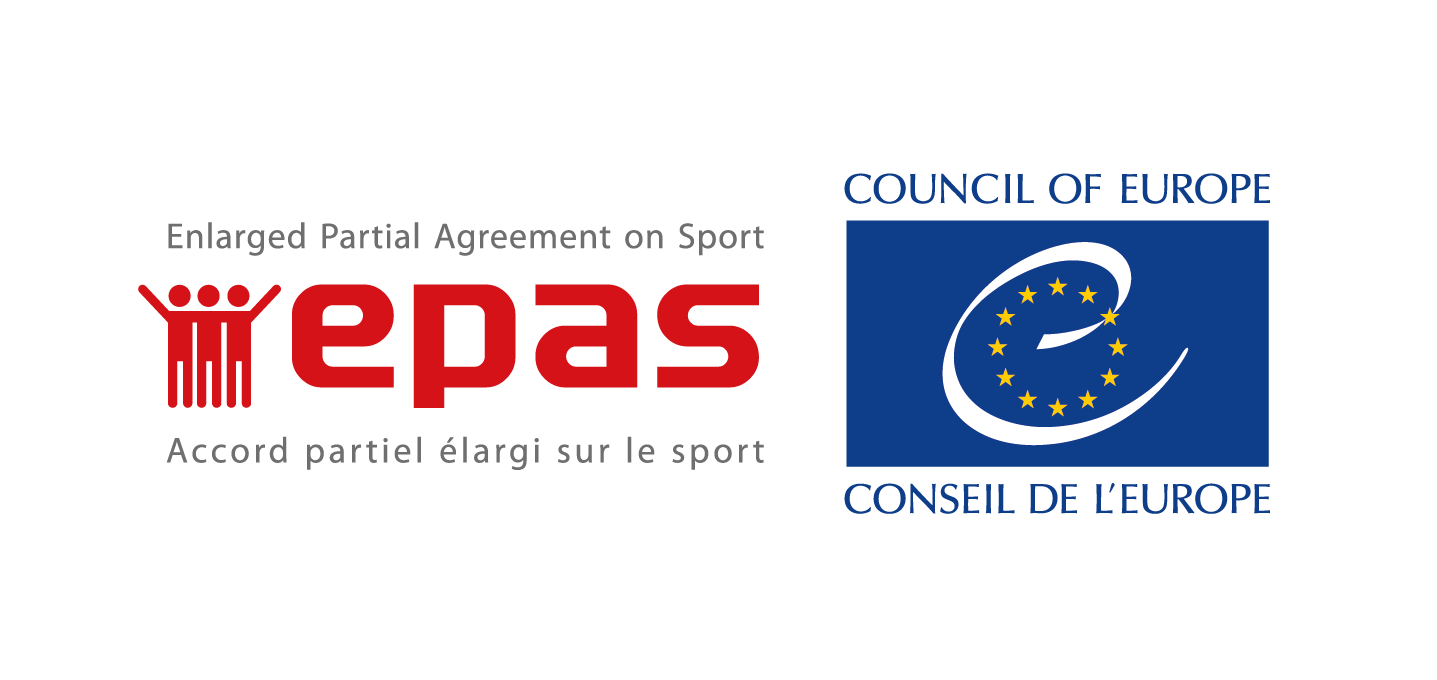Conference "Newly arrived migrants and their integration via sport"
A conference “Newly arrived migrants and their integration via sport ” was co-organised by the Council of Europe’s Enlarged Partial Agreement on Sport (EPAS) and the Ministry of Defence and Sports of Austria in Vienna on the 2-3 June 2016. This conference addressed how sport can be used as a tool to enhance the integration of migrants.
This conference addressed how sport can be used as a tool to enhance the integration of migrants.
At a time where the need for effective and holistic integration policies is particularly acute, this conference shared best practice across Europe at international, state and local level, and looked at how sport clubs and coaches are working to cultivate tolerance and social inclusion.
Bringing together policymakers, administrative authorities, sport organisations, migration and integration specialists, and non-governmental organisations, this conference determined and assessed the role of sport in social integration strategies.
Speeches and Presentations
Day 1
Opening of the plenary session: Gabriella BATTAINI-DRAGONI, Deputy Secretary General, Council of Europe (video interview)
Day 2
Keynote speech:
Tegla Loroupe, Tegla Loroupe Peace Foundation (video interview)
Session I: Round table: Newly arrived migrants and their integration via sport - Presentation of national and international practice
By bringing together both state actors, and members of international and national sport organisations, this session will facilitate a discussion on what policies and projects these bodies have been putting in place to try and use sport as a tool for integration.
This panel had a strong focus on what the Olympic movement has been doing to spread their underlying philosophy of excellence, friendship, and respect.
Mr António Silva Mendes, Director, European Commission, DG Education and Culture
Ms Heike Kübler, Head of Equal Opportunities and Diversity, Deutscher Olympischer Sportbund
Ms Elisabeth Traintinger, Austrian National Olympic Committee
Session II: Round table: Role of sport clubs and educators as distributors of social capital in the integration process
The integration process is not a one-way process; the burden of integration does not fall alone on the shoulders of those who have come to a new country. Host communities must also adapt, with integration defined as a dynamic, two-way process of mutual accommodation.
This session aimed to highlight the importance of ensuring that all educators, regardless of origin, have appropriate training in intercultural education and promoting collaboration between the sport club and the community. How can clubs and coaches work to manage and cultivate tolerant, safe spaces for bridging and bonding to take place?
Mr Thomas Jäger, Caritas Styria (Austria), Project SIQ, Team Manager Homeless World Cup Austria
Mr Des Tomlinson, Intercultural Officer, Football Association of Ireland (video interview)
Ms Ana Žnidarec Čučković, Pestalozzi Programme, Council of Europe
Session III: Round table: Facilitating access to local networks and communities
The social and societal contribution of sport does not always reach its full potential as there may be numerous factors that may hinder the ability of someone who has newly-arrived in the country from participating in sport and community activities that would aid their integration. The membership of migrants, refugees, and groups such as migrant women, in sport clubs has remained comparatively low.
Ms Carmen Kiefer, Deputy Mayor of Kuchl (Austria), Congress of the Local and Regional Authorities, Council of Europe
Ms Claire Donaldson, The Bike Project, London
Mss Emma Arnesson and Anne Lundberg, Hej Främling! Sweden
Session IV: Role of sport in newly-arrived migrants’ integration: Towards an evidence base
How can the effect of sport projects on integration be evaluated? What would signify a successful project, and how can we move towards a stronger evidence base. This session looked at how the experience and effect of sport on target groups has been evaluated, and how this can be used to inform future policy and projects.
Evaluating social behaviour and social phenomena is a challenging task, and with integration particularly so, as it comprises the evaluation of two processes: looking at both the migrant population, and the host society population.
Mr William Gasparini, Sport Science Faculty, University of Strasbourg
Mr Kurt Wachter, European Sport Inclusion Network, Fairplay Initiative, VIDC



